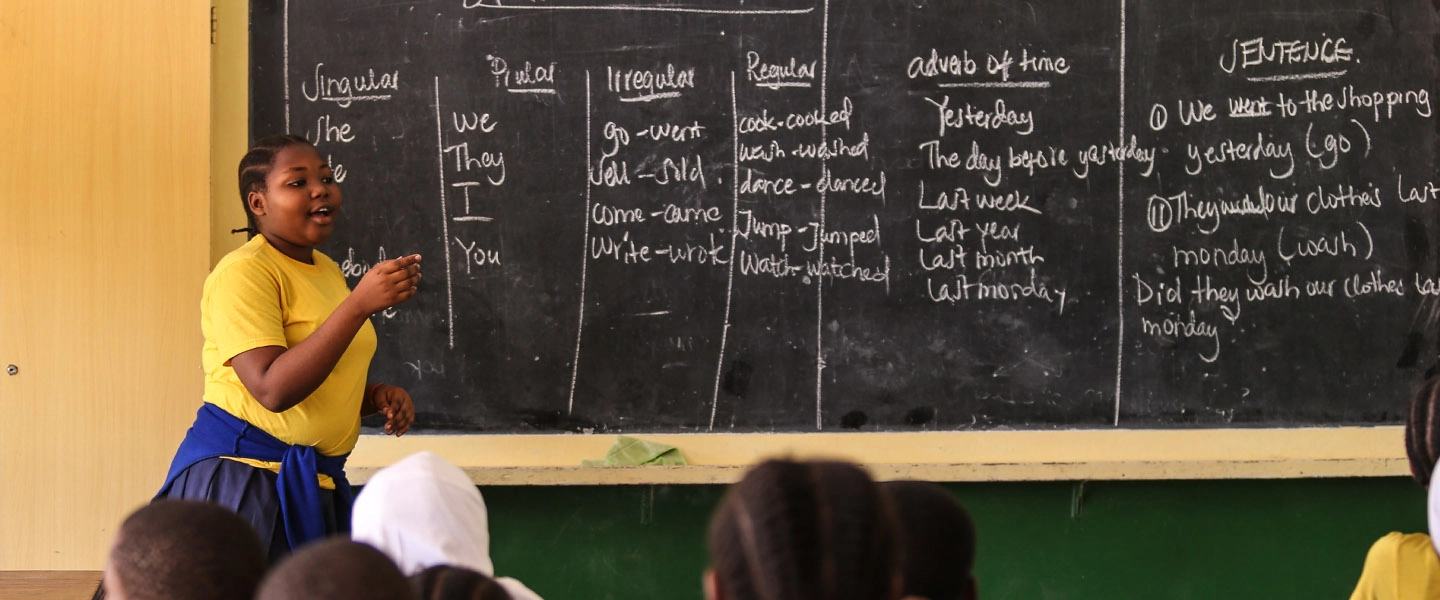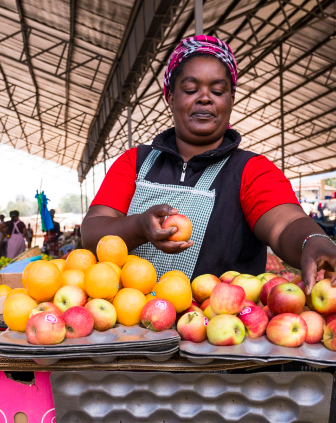
World Bank funding for poverty reduction
The World Bank is an international financial institution with a remit to support low-income countries to reduce poverty and inequality. Its ‘International Development Association’ (IDA) is a fund that provides grants and low-cost loans to the world’s 78 low-income countries, and is their single largest source of donor funds for basic social services. This December, IDA needs renewed financial support from international donors, including the UK.
what
the World Bank should support lower-income countries to eradicate poverty and inequality, but needs additional funding
who
the UK Government must support the World Bank’s ‘IDA21’ replenishment this December to fund poverty reduction programmes
how
ask the Development Minister to make a significant financial contribution and to urge the Bank to focus its efforts on poverty reduction
investing in poverty reduction
To help countries access the funds they need to reduce poverty (including things like improved nutrition or education services), IDA must receive adequate investment from donor countries. On 5-6 December this year, IDA will be replenished, a process by which additional funds are invested by its donors.
The UK Government has recently argued for reform of the global financial system. While the World Bank is supposed to support lower-income countries to fund poverty reduction, its loan conditions have often contributed to unsustainable debt or imposed economic conditions that have had the very opposite effect. To enable the World Bank to play its part in supporting countries to reduce poverty and inequality, the UK needs to invest in IDA, alongside its welcome call for reform.
what is the UK Government’s role?
- As a major shareholder in the World Bank, the UK has considerable influence in setting its investment priorities. This December, the UK must invest significant additional funds in the World Bank’s ‘IDA21’ replenishment. The UK’s Independent Commission for Aid Impact (ICAI) has found that UK ‘aid’ channelled through IDA ‘provides good value for money’.
- Speaking at the UN in September, the Prime Minister committed the UK to tackling the ‘unsustainable debt which is compounding poverty and inequality, depriving the sick of healthcare and children of education.’ The Government is also calling on donors to ‘make the most of the International Development Association replenishment’. The UK’s financial support to IDA should be as ambitious as possible, given the significant reductions to the UK’s Official Development Assistance (ODA) budget.
- Development Secretary Anneliese Dodds has also said that ‘Britain is back on the world stage’, to promote ‘a world free from poverty on a liveable planet.’ Ambitious support for IDA would go a long way to demonstrate that the Government is serious about this.
take action!
- Please write to Development Secretary Anneliese Dodds MP, asking the UK Government to make a significant financial contribution to IDA21 on 5-6 December. Address: Rt. Hon. Anneliese Dodds, MP, Foreign, Commonwealth and Development Office, King Charles Street, London SW1A 2AH. Email: [email protected]
- Please ask the Minister to use the UK’s influence with the World Bank to ensure IDA resources focus on reducing poverty and inequality and on supporting strong health and education systems, without imposing harsh economic conditions on countries, or creating unsustainable debt burdens.
take action!
ask the UK Government to contribute to IDA21 and ensure this is used to fight poverty
welcome their call for reform of the international financial system
we’re here to support you!
If you have any questions or need support or advice in writing your letter, please contact Naveed Chaudhri, Head of Campaigns, at [email protected].
Nigeria: Empowering people-led innovation in a challenging environment
INigeria will soon have one of the youngest and largest working-populations in the world. But the economy has stagnated since 2014 and with high unemployment and high inflation, the Nigerian Government has limited space to respond. Over the last nine years, the country received $10.9 billion from IDA, with some remarkable results: 7.1 million people received new or improved electricity services; 3 million people benefited from new or rehabilitated classrooms and 1,214 health centres between 2009 and 2018; 1.9 million children under the age of two were immunised in partnership with Gavi, the Vaccine Alliance; 1.7 million households have received social services; and nearly a million vulnerable households, mostly headed by women, have received cash transfers allowing them to invest in health and education.
You can find more examples of how IDA has helped lower-income countries with their poverty-reduction efforts in this resource from the ONE Campaign.

Credit: ONE Campaign